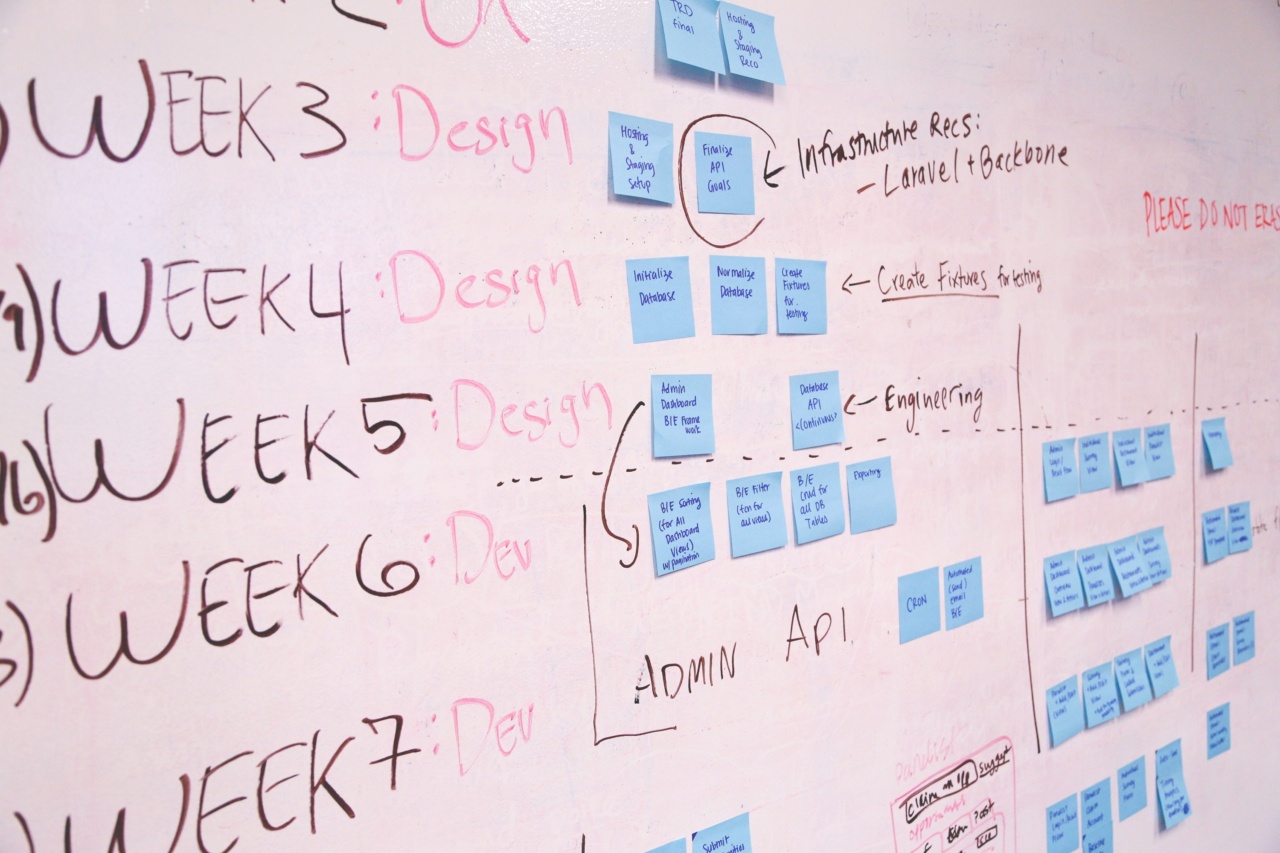Developing a habit is essential as it helps an individual improve their quality of life and achieve their goals.
A study showed that habits account for about 40% of our daily actions (Neuroscience of Habit: A Review). Habits help us save time and energy, increases our efficiency and productivity, and improves our overall wellbeing.
The timeline for developing a habit varies from person to person. According to a study published in the European Journal of Social Psychology, it takes an average of 66 days to form a habit, ranging from 18 to 254 days.
However, this timeline can be affected by several factors such as the complexity of the habit, the individual’s motivation, and the environment in which the habit is being developed (How long does it take to form a habit?).
The stages of habit formation
Developing a habit consists of three stages:.
Stage 1: The Cue
The cue is the trigger that initiates the behavior. It is a signal that reminds you to act. The cue can be anything that triggers the behavior, such as a specific time of day or a particular location.
It can also be an emotion or feeling such as boredom or stress.
Stage 2: The Routine
The routine is the behavior or action that you want to make a habit. It is the behavior that you want to automate, so you don’t have to think about it. This stage requires repetition and consistency to become automatic.
Stage 3: The Reward
The reward is the positive consequence of completing the routine. It is the positive reinforcement that strengthens the habit and increases the likelihood of repeating the behavior.
Rewards can be anything that brings pleasure and satisfaction, such as a feeling of accomplishment or a piece of chocolate.
Factors that affect the timeline for developing a habit
Complexity of the habit
The complexity of the habit determines the timeline for developing a habit. Simple habits such as drinking a glass of water every morning can take less time to form, while complex habits such as exercising daily can take longer to develop.
Motivation
Motivation plays a significant role in habit formation. An individual’s motivation level can affect the strength and speed of forming a habit. High motivation levels can speed up the habit formation process.
Environment
The environment in which the habit is being formed can also influence habit formation. Creating an environment that supports the habit can make it easier to develop.
For instance, creating a habit of waking up early can be difficult if your environment encourages sleeping in.
Tips for developing a habit
Start small
Starting small is a common tip for developing a habit. It is easier to form a habit by starting with a small action and gradually increasing it over time.
Be consistent
Consistency is essential in habit formation. Repetition is key to forming a habit. Stick to the routine, even when it feels tedious or difficult.
Track progress
Tracking progress helps keep you motivated while developing a habit. It provides insight into the milestones achieved and the progress made towards the final goal.
Conclusion
In conclusion, developing a habit is a process that varies from individual to individual.
The timeline for forming a habit can range from 18 to 254 days, depending on several factors such as the complexity of the habit, the individual’s motivation, and the environment in which the habit is being developed. It is essential to develop habits that promote personal growth and improve our overall wellbeing. By implementing the tips discussed above and being consistent, you can increase your chances of developing new habits that last.






























